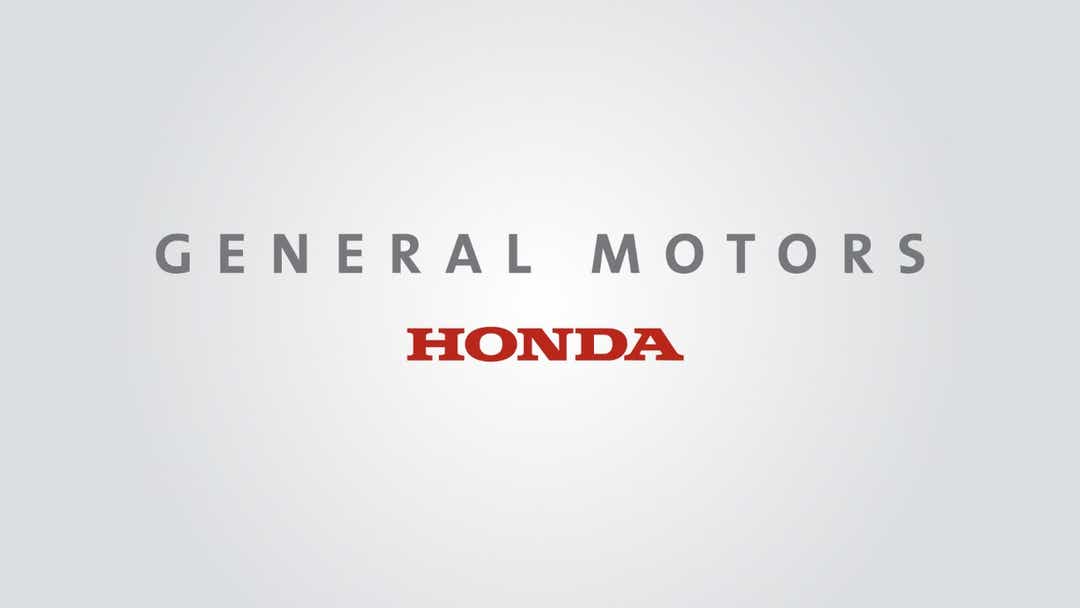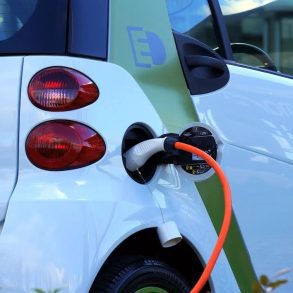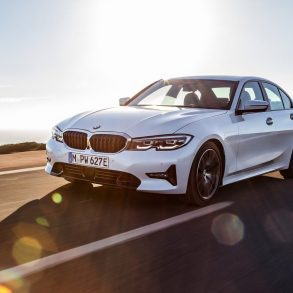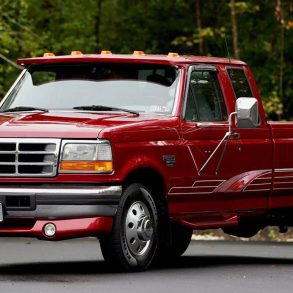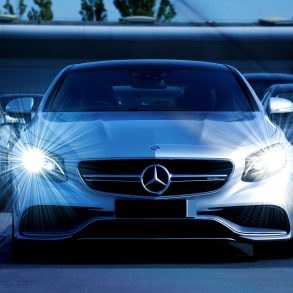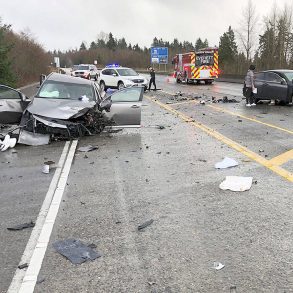So this week General Motors and Honda announced they are planning to form a North American auto alliance that could include a range of vehicles sold under both brands and further cooperation in purchasing, r&d and the development of common platforms for electrified and internal combustion vehicles, will begin in early 2021.
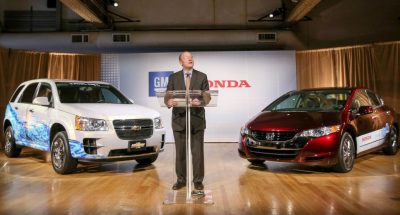 The details of the alliance are still unknown at the moment, but while consolidation in the automotive industry makes total sense, I can’t help but fearing for the worst with these partners. While Honda is a tier-1 player in North America and China, it’s a small player worldwide, with about 5 million annual sales, about half of the top players VW Group, Renault-Nissan and Toyota, and generally considered too small to be profitable in the long term, considering the huge investments required for vehicle electrification, autonomous driving and other technology advancements. General Motors used to be a 10 million annual sales player as well, as recently as 2016, but by cutting loss-making brands and leaving unprofitable markets and segments, they’re now down to about 7,5 million annual sales.
The details of the alliance are still unknown at the moment, but while consolidation in the automotive industry makes total sense, I can’t help but fearing for the worst with these partners. While Honda is a tier-1 player in North America and China, it’s a small player worldwide, with about 5 million annual sales, about half of the top players VW Group, Renault-Nissan and Toyota, and generally considered too small to be profitable in the long term, considering the huge investments required for vehicle electrification, autonomous driving and other technology advancements. General Motors used to be a 10 million annual sales player as well, as recently as 2016, but by cutting loss-making brands and leaving unprofitable markets and segments, they’re now down to about 7,5 million annual sales.
In North America, Honda is successful with sedans and compact cars, while GM is big in trucks and SUVs. So there’s certainly room for some kind of cooperation in which Honda will lead in the development of small cars which will also be sold under GM brands, but I don’t see Honda entering the large pickup truck or large SUV segments with a rebadged Chevrolet model.
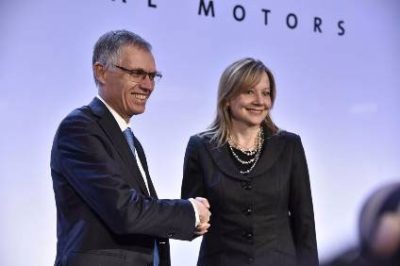 And then there’s the curse on automotive alliances, of which General Motors has been a victim before. Renault-Nissan has been the only long-term successful automotive alliance and even it has shown cracks this year after the departure of its mastermind Carlos Ghosn. General Motors has had failed alliances with Fiat, Daewoo, Isuzu, Suzuki, Subaru and the New United Motor Manufacturing Inc. with Toyota. The Fiat alliance has been the most painful as master negotiator Sergio Marchionne had gotten them to agree to an exit clause that ended up costing GM two billion dollars when they wanted to get out of the alliance. Similarly, its former alliance with PSA has been dissolved when GM had to pay to offload its European Opel/Vauxhall unit onto its partner.
And then there’s the curse on automotive alliances, of which General Motors has been a victim before. Renault-Nissan has been the only long-term successful automotive alliance and even it has shown cracks this year after the departure of its mastermind Carlos Ghosn. General Motors has had failed alliances with Fiat, Daewoo, Isuzu, Suzuki, Subaru and the New United Motor Manufacturing Inc. with Toyota. The Fiat alliance has been the most painful as master negotiator Sergio Marchionne had gotten them to agree to an exit clause that ended up costing GM two billion dollars when they wanted to get out of the alliance. Similarly, its former alliance with PSA has been dissolved when GM had to pay to offload its European Opel/Vauxhall unit onto its partner.
Every time they play the cost savings card as a reasoning behind an alliance, as they fail to learn that you can’t cost save your way to winning. The only way to win the cost game is to be the biggest, but GM has been doing nothing but shrink in recent years. They’ve shed unprofitable business units and exiting unprofitable markets in order to clear up their balance sheet, but as a result they’ve also reduced their scale. That’s not necessarily a bad strategy, as long as they start to think differently. They are no longer the Goliath that can muscle its way to victory with a slow follower strategy. Forget about being the cost leader and start innovating to become a technology leader. They need to bring advanced technologies to the market before others.
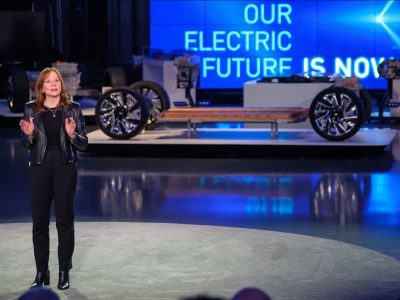 However, both companies so far are laggards in the EV segment and have failed to deliver successful electric vehicles. GM was on the right direction with the Volt PHEV but failed to follow up, a mistake we’ve become used to from the company. The Bolt EV was another reasonably good start in the BEV field, but again there’s a total lack of vision for what’s next. Sure, Cadillac has shown some interesting concepts, but by the time they hit showrooms in another two years, the competition has moved on already. GM executive Mark Reuss has said Honda makes the perfect partner because of a shared world view. “We both aim to leave a better, cleaner planet for our children, and their children. That’s what drives our plan for an all-electric future, and today’s announcement brings us a step closer to it, by starting the creation of synergies that can help make it happen”. However, this contrasts with Honda CEO Takahiro Hachigo’s words, as he’s been quoted saying he doesn’t believe in the widespread adoption of all-electric vehicles. And it shows in their products: the Clarity in the US and the Honda-e in Japan and Europe both lack sufficient battery capacity to fix range anxiety for potential buyers, limiting their potential for success. Basically they show how the company has misread the market. Sure, a sub-150-mile range is sufficient for most everyday driving and a bigger battery reduces efficiency, but at this point in time the market demands EVs with a longer range and companies like Tesla, Renault-Nissan and VW Group have understood that better. GM and Honda are both way behind, not only in terms of technology, but also in terms of vision. I’m not sure how working together is going to change that anytime soon.
However, both companies so far are laggards in the EV segment and have failed to deliver successful electric vehicles. GM was on the right direction with the Volt PHEV but failed to follow up, a mistake we’ve become used to from the company. The Bolt EV was another reasonably good start in the BEV field, but again there’s a total lack of vision for what’s next. Sure, Cadillac has shown some interesting concepts, but by the time they hit showrooms in another two years, the competition has moved on already. GM executive Mark Reuss has said Honda makes the perfect partner because of a shared world view. “We both aim to leave a better, cleaner planet for our children, and their children. That’s what drives our plan for an all-electric future, and today’s announcement brings us a step closer to it, by starting the creation of synergies that can help make it happen”. However, this contrasts with Honda CEO Takahiro Hachigo’s words, as he’s been quoted saying he doesn’t believe in the widespread adoption of all-electric vehicles. And it shows in their products: the Clarity in the US and the Honda-e in Japan and Europe both lack sufficient battery capacity to fix range anxiety for potential buyers, limiting their potential for success. Basically they show how the company has misread the market. Sure, a sub-150-mile range is sufficient for most everyday driving and a bigger battery reduces efficiency, but at this point in time the market demands EVs with a longer range and companies like Tesla, Renault-Nissan and VW Group have understood that better. GM and Honda are both way behind, not only in terms of technology, but also in terms of vision. I’m not sure how working together is going to change that anytime soon.
What do you think of this alliance?

